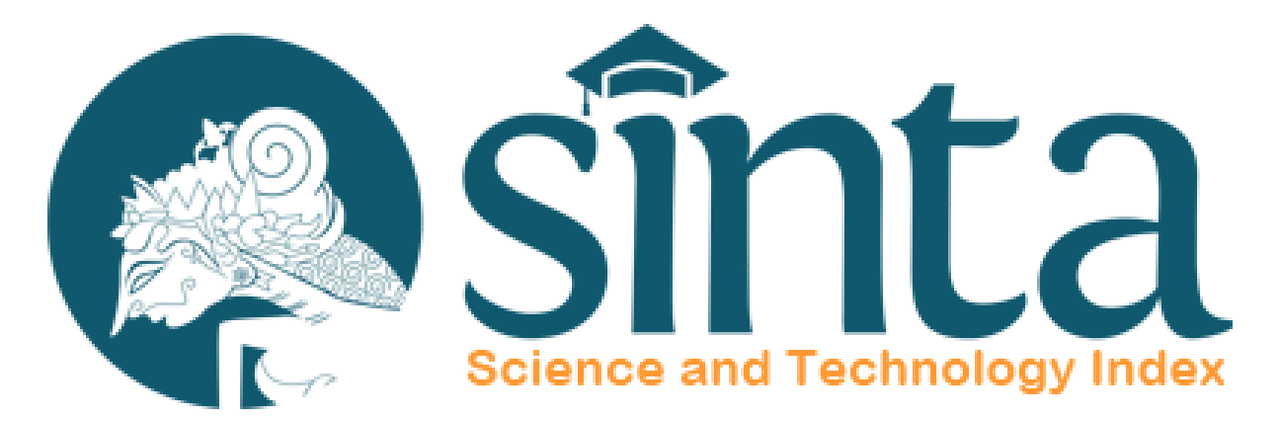| ABOUT |
| FOCUS AND SCOPE |
| SUBMISSIONS |
| TEMPLATE |
| AUTHOR GUIDELINES |
| PRIVACY STATEMENT |
Publication Ethics
Publication Ethics and Malpractice Statement
The Jurnal Teknik Industri (JATRI) Universitas Mulawarman is committed to upholding the highest standards of publication ethics and addressing any form of publication misconduct. This commitment is guided by internationally recognized frameworks such as the COPE Best Practice Guidelines for Journal Editors and Elsevier ethical standards. JATRI implements rigorous measures, including double-blind peer review and plagiarism detection tools, to ensure the integrity of published works. Any manuscripts found to violate ethical standards, such as plagiarism, data fabrication, falsification, or unethical treatment of research subjects, will be retracted even post-publication. All participants in the publication process, including authors, reviewers, editors, and publishers, are expected to adhere strictly to these ethical principles.
Ethical Guideline for Journal Publication
Publishing in JATRI reflects the quality of the authors work and their supporting institutions. The journal supports the scientific method and requires all parties, authors, editors, reviewers, and publishers, to maintain ethical behavior. Authors must ensure originality, proper acknowledgment of sources, and avoid duplicate submissions. Manuscripts should present unbiased, accurate research with sufficient detail to allow replication. Contributions must be honestly represented, and all listed authors must meet authorship criteria, including significant intellectual contribution and approval of the final manuscript. Those who contributed but do not meet authorship criteria should be acknowledged with their consent.
Publication Decisions
The editorial team, spearheaded by the editor-in-chief, unequivocally assumes complete responsibility for publication decisions based on academic merit, originality, clarity, relevance, and strict adherence to legal and ethical standards. Every manuscript is subjected to rigorous peer review by at least two experts. Editors conduct evaluations of submissions impartially, without any bias related to the authors personal or institutional affiliations. Decisions are decisively based on the reviewers feedback and the validation of the research. Furthermore, editors actively manage ethical concerns by collaborating with the publisher and relevant institutions to investigate any instances of misconduct. They diligently apply COPE flowcharts to resolve cases of suspected ethical breaches.
Fair Play
Editors assess manuscripts fairly and impartially, focusing solely on scholarly quality and relevance. Manuscripts are judged without discrimination based on race, gender, nationality, or other personal attributes. The review process is conducted transparently and ethically, ensuring that all submissions receive equal consideration. Authors are expected to engage responsibly in the review process, responding to reviewer comments promptly and thoroughly. Withdrawal of manuscripts during review is discouraged and may result in sanctions, including temporary bans on future submissions.
Confidentiality
Confidentiality is paramount throughout the publication process. Editors, reviewers, and staff must not disclose any information about manuscripts under consideration except to authorized parties directly involved in the review and publication process. Privileged information or ideas gained through peer review must not be used for personal advantage. Reviewers and editors must recuse themselves from handling manuscripts where conflicts of interest exist, ensuring impartiality and trust in the process.
Disclosure and Conflicts of Interest
Authors must disclose any financial or non-financial conflicts of interest that could influence the interpretation or presentation of their research. Financial conflicts include funding sources, employment, consultancies, stock ownership, or patent interests. Non-financial conflicts may involve personal relationships or professional affiliations. Disclosure should be made at submission and included in the published article. Editors and reviewers must also declare any conflicts and avoid involvement in manuscripts where such conflicts exist.
Duties of Reviewers
Reviewers play a critical role in maintaining the quality and integrity of scholarly communication. They must treat manuscripts as confidential documents and conduct reviews impartially, providing constructive feedback supported by clear arguments. Reviewers should decline to review if unqualified or if conflicts of interest are present. Timely completion of reviews is essential, and reviewers are expected to contribute fairly to the peer review process, recognizing it as a shared responsibility within the scholarly community.
This consolidated statement integrates ethical standards and responsibilities for all parties involved in JATRI's publication process, ensuring transparency, fairness, and integrity in scholarly publishing.















